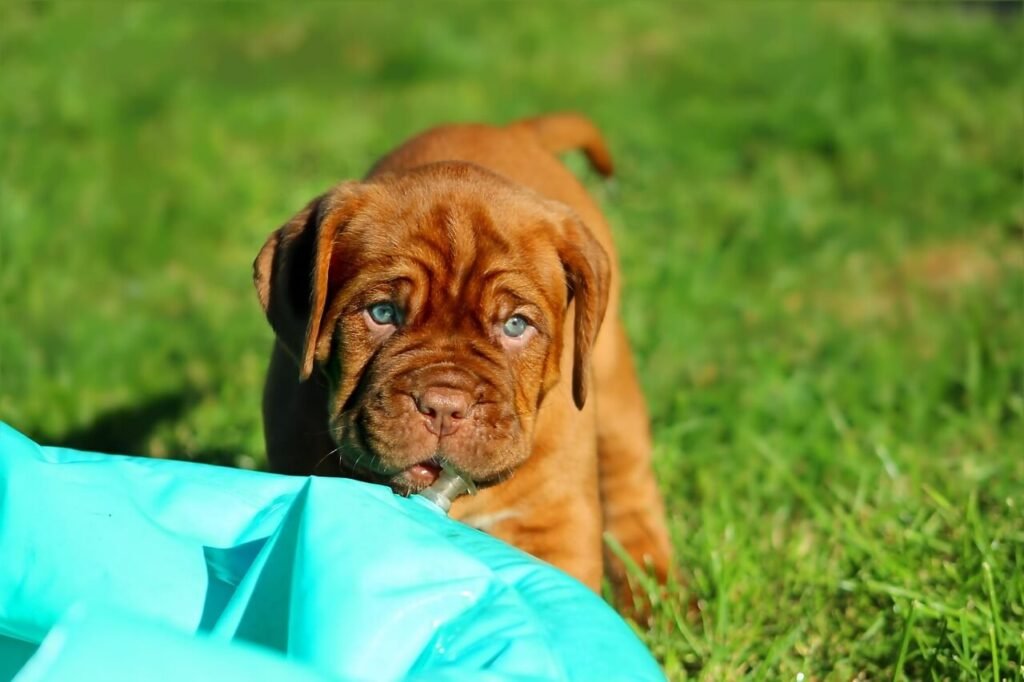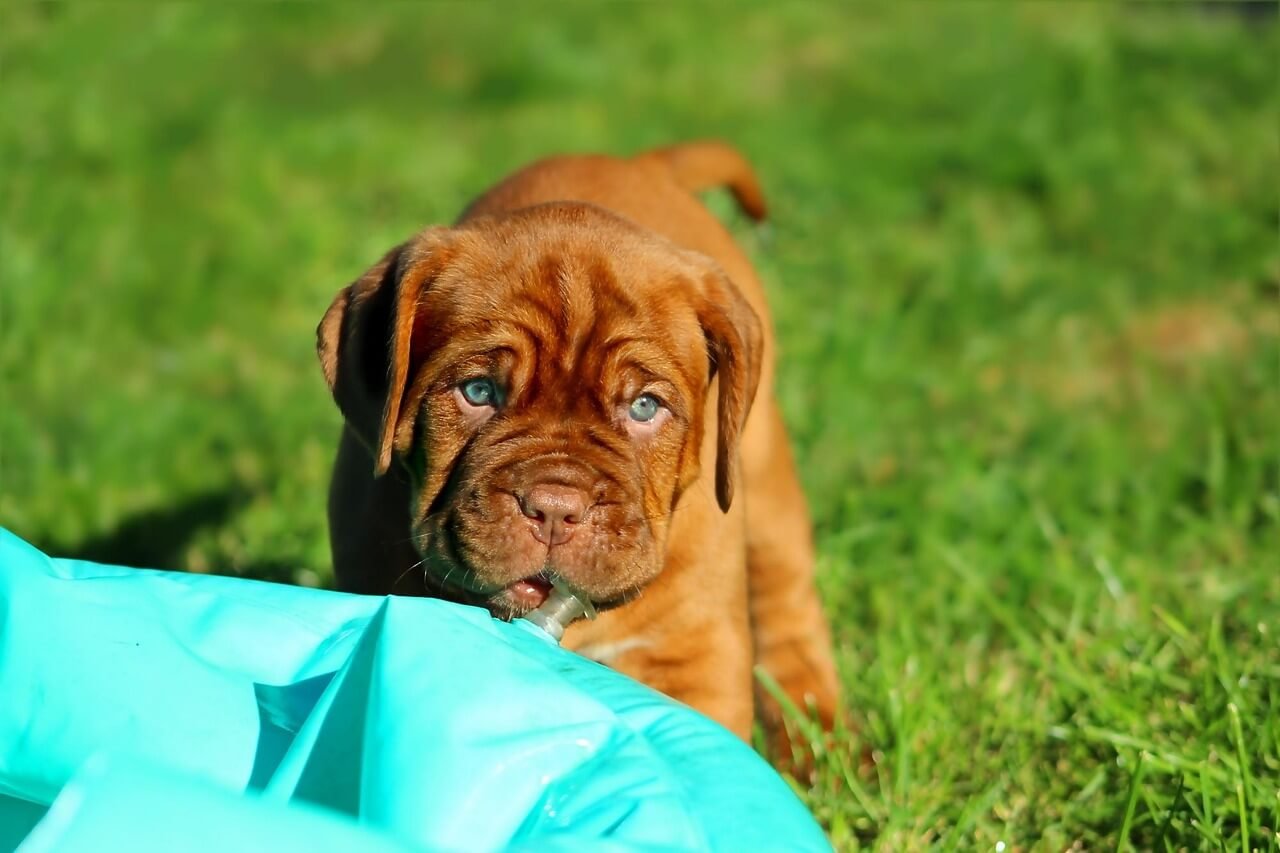Why Is My Dog Snoring While Awake? Unraveling the Mystery
If you’ve ever noticed your dog making snoring-like noises while wide awake, you’re not alone. This quirky behavior can leave pet owners both amused and concerned. While snoring is typically associated with deep sleep, hearing those familiar wheezing sounds during the day might raise questions about your furry friend’s health. Could it be harmless, or is there something more serious going on? In this blog post, we’ll dive into the reasons behind this phenomenon, explore potential causes, and provide practical tips to ensure your dog stays happy and healthy. So, let’s get started!
Common Causes of Snoring-Like Noises in Awake Dogs
Before jumping to conclusions, it’s important to understand that not all snoring-like sounds indicate a problem. Here are some common reasons why your dog might sound like they’re sawing logs even when their eyes are wide open:
Nasal Blockage: Debris, mucus, or foreign objects lodged in your dog’s nasal passages can cause restricted airflow, leading to snoring sounds.
Allergies: Just like humans, dogs can suffer from allergies. Pollen, dust, or certain foods might irritate their respiratory system, triggering noisy breathing.
Brachycephalic Syndrome: Breeds with flat faces, such as Bulldogs or Pugs, often have narrower airways, making them more prone to snoring-like noises.
Excitement or Exertion: When your dog gets overly excited or has been running around, their breathing may become labored, resembling a snore.
Infections: Respiratory infections, such as kennel cough or sinusitis, can cause inflammation and lead to unusual breathing sounds.
While occasional snoring-like noises are usually nothing to worry about, persistent symptoms should prompt a visit to the vet. Understanding these potential causes can help you determine whether your dog’s condition is benign or requires professional attention.
Signs That Your Dog’s Snoring Needs Attention
Not all snoring-like noises are created equal. Some signs indicate that your dog’s breathing issues might require immediate care. Below are key indicators that it’s time to consult your veterinarian:
Frequent Gasping for Air: If your dog seems to struggle for breath or gasps frequently, it could signal an underlying respiratory issue.
Lethargy or Weakness: A sudden drop in energy levels alongside noisy breathing might point to a more serious health concern.
Loss of Appetite: When your dog refuses to eat or drink, it could be linked to discomfort caused by breathing difficulties.
Coughing or Gagging: Persistent coughing paired with snoring-like sounds may indicate an infection or obstruction.
Blue Gums or Tongue: This is a critical sign of oxygen deprivation and requires emergency veterinary care.
If you notice any of these symptoms, don’t delay seeking professional advice. Early intervention can make all the difference in ensuring your dog’s well-being.
Check this guide 👉Why Is My Dog Burping So Much? Best 7 Behavior Tips!
Check this guide 👉Why Does My Dog Eat Everything? Best 7 Behavior Tips!
Check this guide 👉Why Is My Dog Scared of Me? Best 7 Behavior Tips!

Symptoms to Watch For | Possible Causes |
|---|---|
Snoring while awake | Nasal blockage or allergies |
Labored breathing | Brachycephalic syndrome |
Coughing and gagging | Respiratory infections |
Blue gums or tongue | Oxygen deprivation |
Lethargy and weakness | Underlying health conditions |
How to Help Your Dog Breathe Easier
If your dog’s snoring-like noises are mild and infrequent, there are steps you can take at home to alleviate their discomfort. Here are some practical suggestions:
Keep Their Environment Clean: Regularly vacuum and dust your home to minimize allergens that could irritate your dog’s airways.
Use a Humidifier: Adding moisture to the air can soothe dry nasal passages and reduce snoring-like sounds.
Monitor Their Weight: Overweight dogs are more prone to breathing difficulties, so maintaining a healthy weight is crucial.
Check for Foreign Objects: Inspect your dog’s nose and mouth for anything stuck that could be causing the noise.
Limit Excitement: Try to calm your dog during moments of high excitement to prevent overexertion and heavy breathing.
By implementing these strategies, you can create a more comfortable environment for your dog and potentially reduce the frequency of their snoring-like noises.
When to See a Veterinarian
Knowing when to seek professional help is essential for your dog’s health. Here are scenarios where a vet visit is strongly recommended:
Persistent Symptoms: If the snoring-like noises continue for more than a few days, it’s time to consult a vet.
Behavioral Changes: Any noticeable shifts in your dog’s behavior, such as increased aggression or withdrawal, warrant attention.
Difficulty Eating or Drinking: Struggles with basic activities like eating or drinking are red flags.
Unexplained Weight Loss: Sudden weight loss combined with breathing issues could indicate a serious condition.
Swelling or Discharge: Visible swelling or unusual discharge from the nose or mouth should not be ignored.
A veterinarian can perform diagnostic tests to pinpoint the exact cause and recommend appropriate treatment options.
Preventive Measures to Reduce Snoring-Like Noises
Taking preventive steps can significantly reduce the likelihood of your dog making snoring-like noises while awake. These measures focus on creating a safe and healthy environment for your pet. Consider the following tips:
Regular Vet Check-Ups: Schedule routine visits to ensure your dog’s overall health is monitored and any potential issues are caught early.
Maintain a Clean Living Space: Dust, mold, and other allergens can irritate your dog’s respiratory system, so keeping their environment clean is essential.
Provide Adequate Exercise: Regular physical activity helps maintain a healthy weight and promotes proper breathing.
Avoid Smoking Around Your Dog: Secondhand smoke can irritate your dog’s airways and contribute to breathing difficulties.
Use Air Purifiers: Investing in an air purifier can help remove airborne particles that might trigger snoring-like sounds.
By incorporating these preventive measures into your routine, you can minimize the chances of your dog experiencing uncomfortable or concerning breathing noises.
Exercises to Improve Your Dog’s Breathing
Certain exercises can strengthen your dog’s respiratory muscles and improve their overall breathing patterns. These activities are simple yet effective in promoting better airflow. Here are some ideas to try:
Controlled Walks: Take your dog on regular, leisurely walks to build endurance without overexerting them.
Nose Work Games: Engage your dog in scent-based games to encourage deep breathing and nasal stimulation.
Swimming: If your dog enjoys water, swimming is an excellent low-impact exercise that enhances lung capacity.
Short Bursts of Play: Incorporate quick play sessions with toys to encourage active breathing without causing fatigue.
Yoga or Stretching with Your Dog: Gentle stretching routines can help relax their muscles and improve posture, indirectly aiding breathing.
These exercises not only improve your dog’s breathing but also strengthen your bond with them. Start slow and observe how your dog responds to each activity.
Dietary Tips to Support Respiratory Health
A balanced diet plays a crucial role in maintaining your dog’s overall health, including their respiratory system. Certain foods and supplements can support better breathing and reduce inflammation. Here are some dietary recommendations:
Omega-3 Fatty Acids: Found in fish oil, these can reduce inflammation in the airways and promote respiratory health.
Lean Proteins: High-quality proteins like chicken or turkey provide essential nutrients without adding unnecessary fat.
Hydration is Key: Ensure your dog has constant access to fresh, clean water to keep their airways hydrated.
Antioxidant-Rich Foods: Blueberries, spinach, and sweet potatoes are packed with antioxidants that support immune function.
Probiotics: Adding probiotics to your dog’s diet can improve digestion and reduce allergies that might affect breathing.
By focusing on nutrition, you can help your dog maintain a strong respiratory system and reduce the likelihood of snoring-like noises. Always consult your vet before introducing new foods or supplements to your dog’s diet.
FAQ
Is it normal for dogs to snore while awake?
While occasional snoring-like noises are generally harmless, frequent or persistent sounds may indicate an underlying issue.
Can allergies cause my dog to snore while awake?
Yes, allergies can irritate your dog’s respiratory system, leading to noisy breathing.
Are certain breeds more prone to snoring-like noises?
Brachycephalic breeds, such as Bulldogs and Pugs, are more likely to experience these sounds due to their unique anatomy.
What should I do if my dog’s gums turn blue?
Blue gums are a sign of oxygen deprivation and require immediate veterinary attention.
Can humidifiers help with my dog’s snoring?
Yes, using a humidifier can add moisture to the air and alleviate dry nasal passages, potentially reducing snoring-like noises.
Wrapping Up: Ensuring Your Dog’s Comfort
Understanding why your dog might snore while awake is the first step toward ensuring their comfort and well-being. From identifying common causes to recognizing warning signs, being proactive can help you address any concerns effectively. Remember, while occasional snoring-like noises are usually harmless, persistent symptoms should never be ignored. By staying informed and attentive, you can provide your furry companion with the care they deserve. After all, a happy dog means a happy home!
Pemphigus Erythematosus in Cats: Best 7 Expert Tips! – Learn to recognize symptoms, manage flare-ups, and improve your cat’s quality of life.
Pemphigus Erythematosus in Dogs: Best 7 Expert Tips! – Discover causes, symptoms, and treatment options to manage this autoimmune skin condition effectively.
Cat Tympanic Membrane: Best 7 Expert Tips! – Learn how to protect your cat’s eardrum, spot issues early, and ensure lifelong auditory health.
Dog Tympanic Membrane: Best 7 Expert Tips! – Learn how to protect your dog’s eardrum, spot issues early, and ensure lifelong ear health with expert advice.





